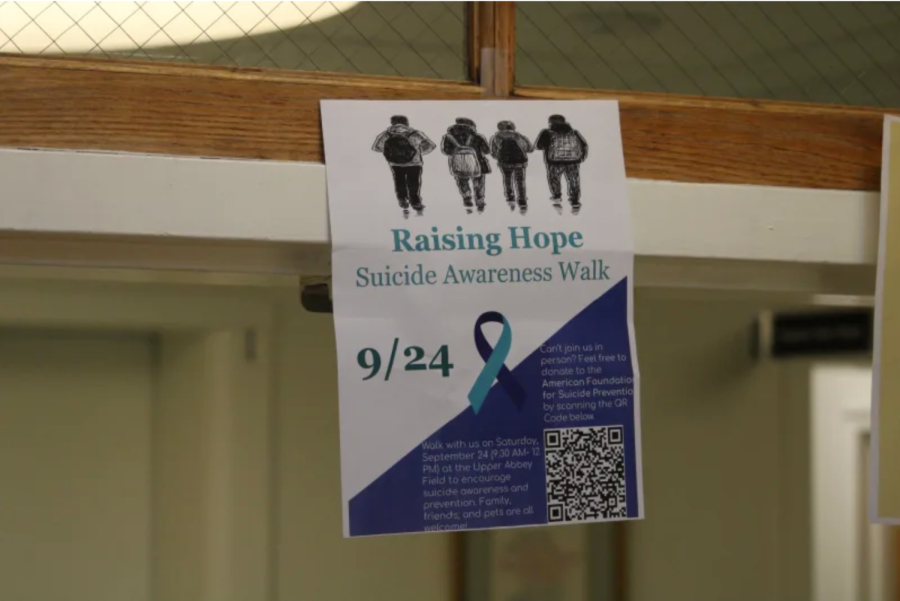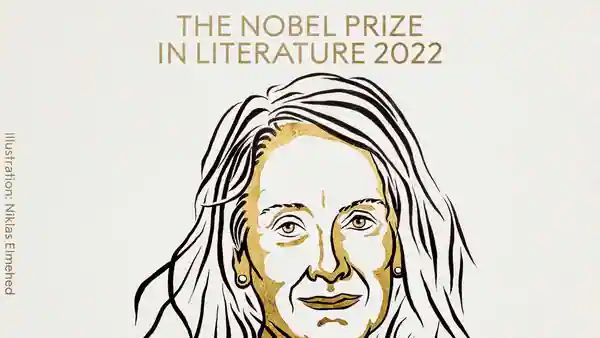The Miracle of Gene Editing: The Ethics and Applications
CRISPR introduces Many Scientific and Ethical Questions
November 30, 2017
Mrs. Chamberlain slips in an old VHS with a faded cover, and a hush falls over the room. My seventh grade science class had just taken a comprehensive test covering topics such as DNA replication and human genetics. As a reward for our efforts, we were granted an entire class period to watch Andrew Niccol’s film Gattaca. The critically acclaimed film centers on a man named Vincent Freeman who, ever since he was young, dreams of traveling to outer space. There is only one problem…he is born “invalid”. In this biopunk future, babies enhanced by the aid of genetic selection are labelled “valids” while those conceived by traditional means are known as “invalids”. Such labelling allows for employers to discriminate based on a person’s genotype. The valids receive professional employment, while the invalids are subjugated to menial jobs. When I watched the movie in seventh grade, I never believed such technology was even conceivable. Even if it was, I thought I would ever see it in my lifetime. This all changed with the discovery of CRISPR and the dawn of gene-editing.
CRISPR stands for Clustered Regularly Interspaced Short Palindromic Repeats. Essentially, it is presence of short repeated DNA sequences that are the same forwards and backwards. These sequences contain fragments of DNA from viruses that have attacked the bacterium in the past, and are thus used to defend the bacterium from further attacks. Researchers Jennifer Doudna, Emmanuelle Charpentier, and Feng Zhang have pioneered a recent wave of gene-editing through the use of the CRISPR-Cas-9 system. Through this system, a specific portion of DNA can be cut and and another piece of DNA can be inserted, a process which forms the basis of genome editing.
I had the privilege to visit CRISPR Therapeutics in Boston and speak with the Head of Research, Dr. Tony Ho. As we toured the lab, Dr. Ho told me that CRISPR Therapeutics has targeted therapies in its pipeline. Genetic diseases such as sickle cell anemia and beta-thalassemia will probably be the first two diseases to reach clinical trials.
While the medical applications of these gene-editing technologies seem limitless, it raises many ethical questions. Much of the debate surrounds human germline editing. Human germline editing is a process in which the genome of an individual is altered so that traits can be passed to future generations. In this way, the human gene pool is altered. Gene-editing can definitely be a slippery slope because where exactly do we draw the line? If in the wrong hands, gene-editing could be used for aesthetic, cognitive, and even athletic advantages. Furthermore, there is a growing concern that genome editing may be only be accessible to the wealthy, thus widening existing disparities in health care. I do not think the future that Gattaca portrays is plausible, however, there is certainly a need for public discourse and governmental regulations to make sure this technology is used ethically.
































